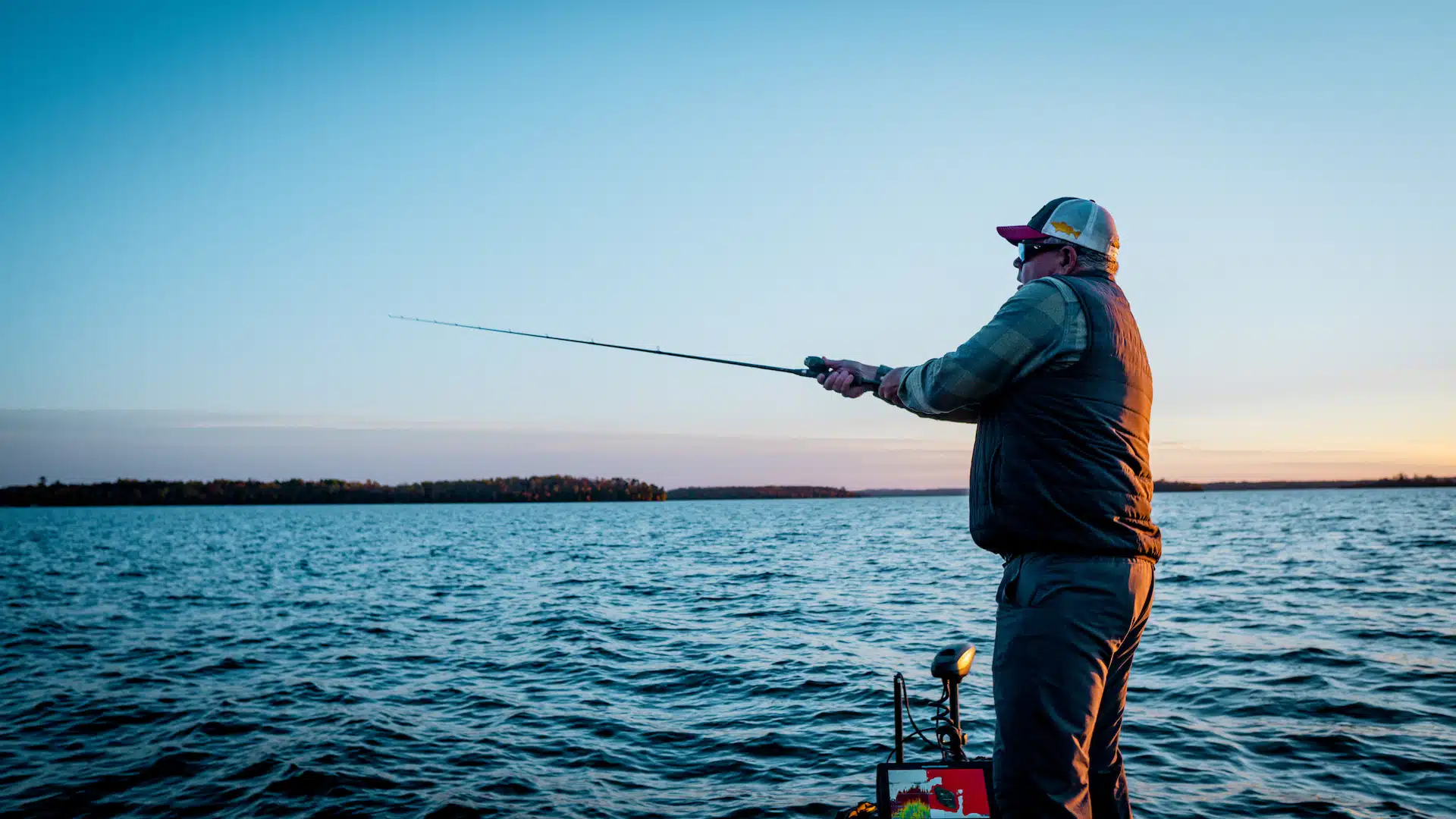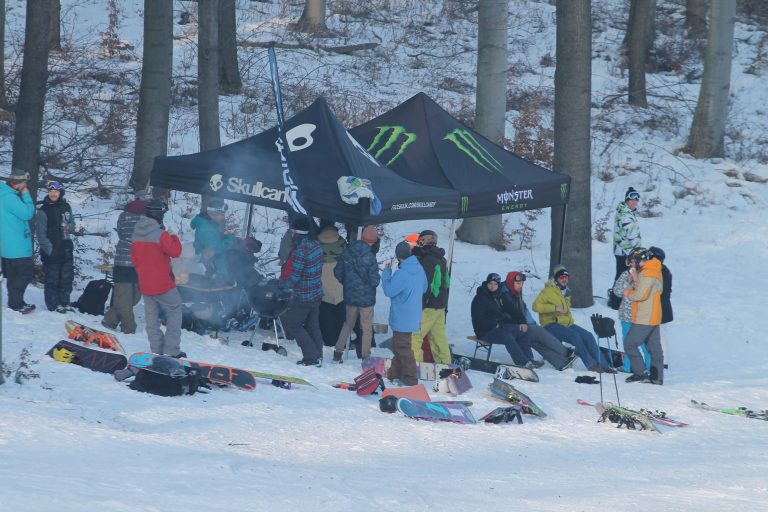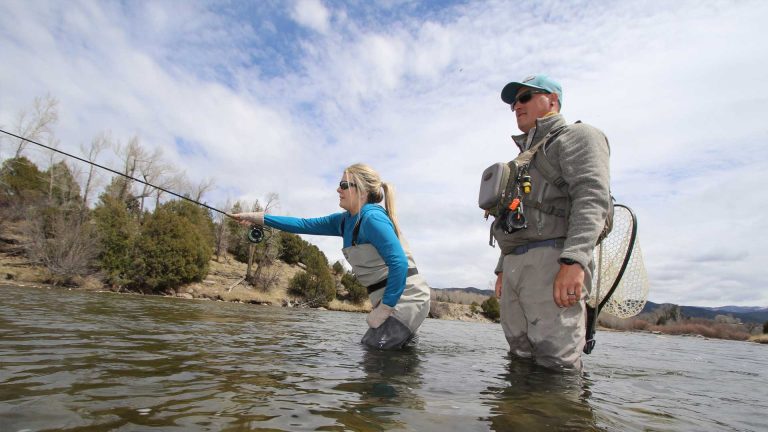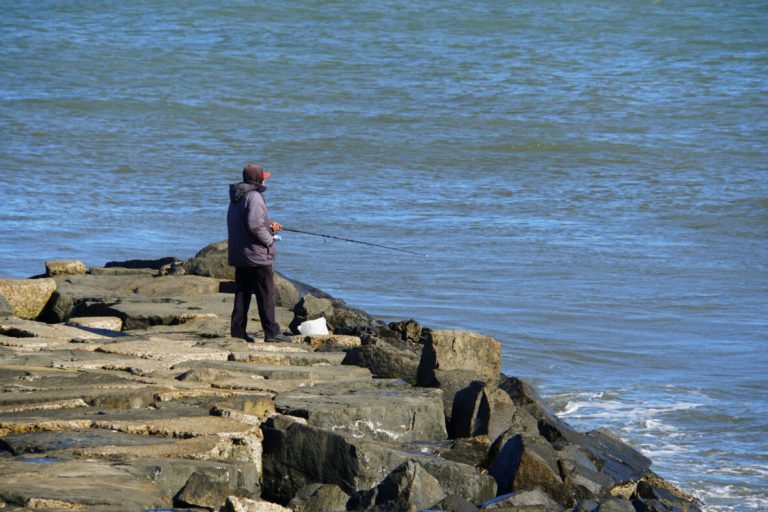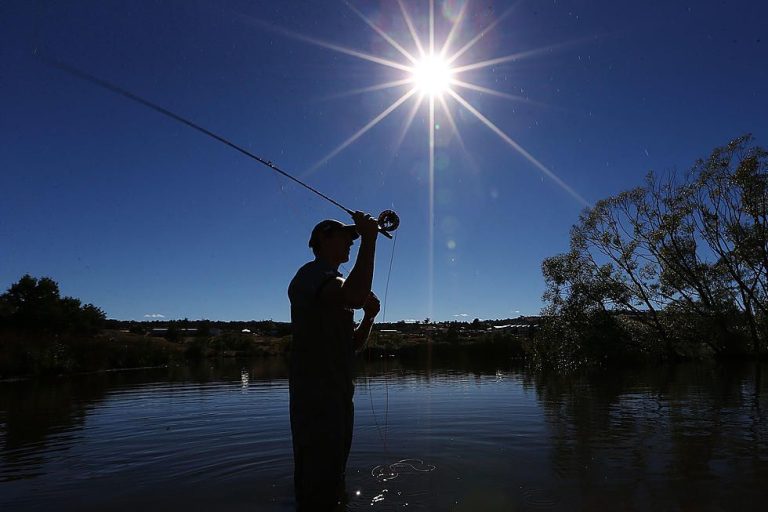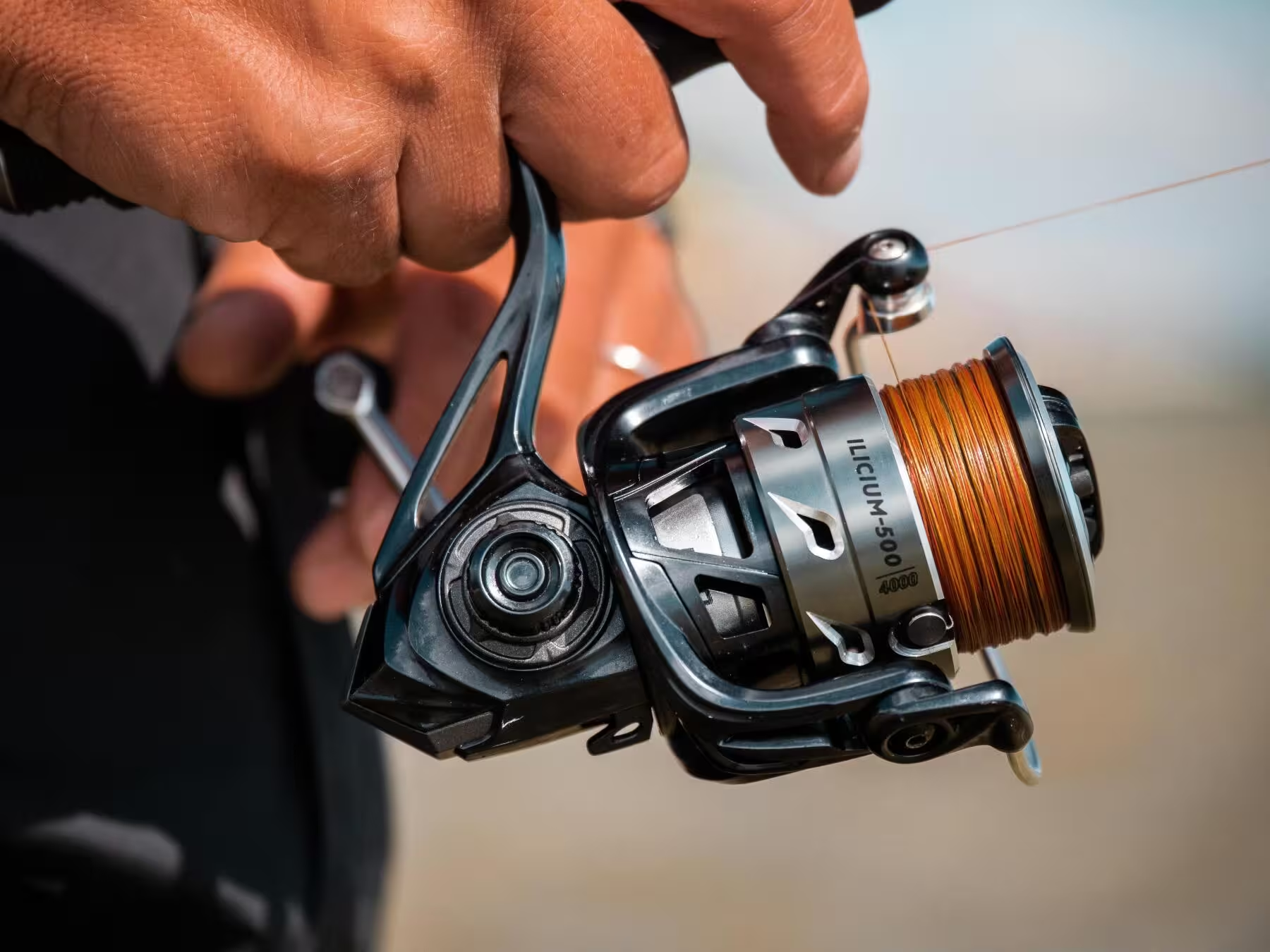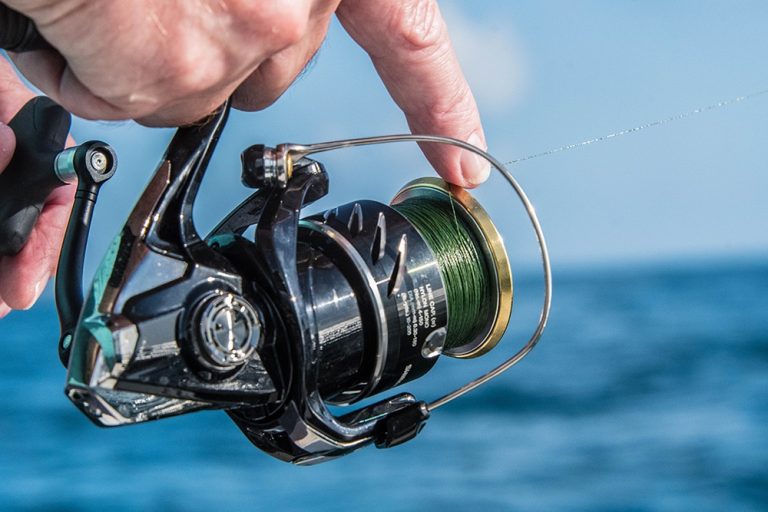Planning a fishing trip to Alabama? This comprehensive guide will clarify the essential licensing requirements for non-residents, ensuring you’re fully prepared for your fishing adventure.
Here’s what we’ll cover:
- Types of Fishing Licenses: Learn about the various options available to non-residents.
- Costs Involved: Understand the fees associated with each license type.
- Where to Purchase: Find out where you can buy your fishing license easily.
Whether you’re an avid angler or a casual enthusiast, grasping these licensing details is vital for a smooth experience on Alabama’s beautiful waters.
Why You Need a Fishing License
Conservation Efforts
Purchasing a fishing license directly funds vital conservation initiatives:
- Habitat Maintenance: Protects and enhances fish habitats.
- Fish Stocking Programs: Ensures lakes and rivers are replenished with fish.
- Research Initiatives: Supports studies on fish populations and ecosystems.
- Regulation Enforcement: Promotes sustainable fishing practices to protect resources.
By securing a fishing license, anglers contribute significantly to preserving Alabama’s fisheries for future generations.
Who Needs a Non-Resident Fishing License in Alabama?
In Alabama, all non-residents aged 16 and older are required to obtain a valid fishing license to fish in public waters—both freshwater and saltwater. This regulation is essential for protecting the state’s aquatic resources and ensuring compliance with local fishing laws.
Exceptions to the License Requirement
Certain exceptions apply:
- Non-residents under 16 years old can fish without needing a license.
- Immediate family members of private pond owners may fish in those ponds without a license.
- Non-resident military personnel on leave can fish without a license if they carry proper identification and leave paperwork.
Types of Non-Resident Fishing Licenses in Alabama
If you’re planning to fish in Alabama’s abundant waters, understanding the various fishing license options available for non-residents is essential. Below is a detailed overview of the primary categories:
Freshwater Fishing Licenses
| License Type | Description | Cost (Non-Resident) |
|---|---|---|
| Annual Freshwater Fishing License | Valid for one year from the purchase date; permits fishing in all public freshwater areas | $62.60 |
| 7-Day Freshwater Fishing License | Allows fishing for seven consecutive days | $35.00 |
| 3-Day Sport Fish Freshwater Family Trip License | Covers one non-resident aged 16+ and up to four immediate family members for three consecutive days | $35.00 |
Saltwater Fishing Licenses
| License Type | Description | Cost (Non-Resident) |
|---|---|---|
| Annual Saltwater Fishing License | Valid for one year from the purchase date; permits fishing in saltwater areas | $61.35 |
| 7-Day Saltwater Fishing License | Allows fishing for seven consecutive days | $33.75 |
| Annual Saltwater Reef Fish Package | Required to target reef fish species like red snapper or grouper (in addition to a saltwater license) | $71.35 |
| Annual Saltwater Spearfishing Package | Required for spearfishing (in addition to a saltwater license) | $79.85 |
| Annual Saltwater Pier Fishing Package | Covers fishing from licensed piers for one year (in addition to a saltwater license) | $23.75 |
Combination Licenses
| License Type | Description | Cost (Non-Resident) |
|---|---|---|
| Annual All Access Fishing Package | Combines annual freshwater and saltwater fishing licenses (excluding spearfishing) | $133.95 |
| All Access Sportsman’s Package | Includes both freshwater and saltwater fishing, hunting, and wildlife heritage privileges | $604.45 |
Exemptions
Certain individuals may not require a fishing license:
- Residents over 65 years old with valid proof of age.
- Military personnel on leave.
- Non-resident college students enrolled full-time can obtain special licenses at resident rates.
For comprehensive details on obtaining your fishing licenses, including purchasing options online at MyOutdoorAlabama.com or at local retailers such as Walmart or Dick’s Sporting Goods, please visit the License Information page on the Outdoor Alabama website.
Where to Purchase a Non-Resident Fishing License in Alabama
Obtaining a non-resident fishing license in Alabama is straightforward and essential for those looking to fish in public waters. Non-resident licenses can be purchased online or in-person from authorized agents statewide.
Online Purchase
The most convenient method is via the official Alabama Department of Conservation and Natural Resources website. Here’s how:
- Visit MyOutdoorAlabama.com and click on the “Buy a License” button.
- Select “Non-Resident” as your residency status.
- Choose your desired license type (such as an Annual License for $54.20 or a 3-Day License for $30.40) and duration.
- Enter your personal information and payment details.
- Print or save your electronic license copy for easy access.
In-Person Purchase
You can also buy your non-resident fishing license at various locations throughout Alabama, including:
- County Probate Offices
- License Commissioner Offices
- Authorized sporting goods stores and bait shops
- State Park locations
When purchasing your license in person, ensure you bring a valid form of identification (e.g., driver’s license or passport). Notably, active military personnel and full-time college students may qualify for resident rates under certain conditions.
For more detailed information on licensing options and regulations, visit Outdoor Alabama.

Additional Tips for Non-Resident Anglers in Alabama
To maximize your fishing experience in Alabama as a non-resident angler, keep these essential tips in mind:
Understand Fishing Seasons and Regulations: Each fish species has specific seasons for legal capture. It’s crucial to consult the Alabama Wildlife and Freshwater Fisheries Division for up-to-date regulations. Be aware of size limits and catch restrictions that may apply to various species to avoid fines or penalties.
Explore Popular Fishing Destinations: Alabama boasts diverse fishing locations, including scenic lakes, rivers, and coastal areas. Notable spots include:
- Lake Guntersville: Renowned for outstanding bass fishing.
- Alabama River: Ideal for catfish, crappie, and bream.
- Gulf Shores: Offers excellent saltwater fishing for redfish, speckled trout, and flounder.
Gather Required Fishing Gear: Your equipment will depend on your target species and location; however, essential items include:
- A valid fishing license
- Appropriate rod and reel
- Tackle box with lures, hooks, weights
- Landing net
- Pliers or hook-removal tool
- Cooler or live well for your catch
- Life jacket or personal flotation device (PFD)
Know Your Licensing Requirements: All non-residents aged 16 and above must obtain a valid fishing license to fish in Alabama’s waters. Licenses can be purchased online or at various retailers throughout the state. For detailed information on types of licenses available and their costs, visit Take Me Fishing.
By adhering to these guidelines and preparing adequately, you are set for an unforgettable fishing adventure in Alabama.
Conclusion
Obtaining a non-resident fishing license is a simple and essential step in planning your Alabama fishing adventure. By understanding the various license options, costs, and purchasing methods, you can ensure a worry-free experience on the water. Remember, your license purchase directly contributes to the conservation and improvement of Alabama’s fisheries, making it possible for anglers to enjoy these resources for generations to come. So, gear up, get your license, and get ready to reel in some unforgettable memories in Alabama’s stunning fishing destinations!
For more information and to purchase your license, visit Outdoor Alabama’s official site.
Do I need a separate license for freshwater and saltwater fishing?
Yes, Alabama requires separate licenses for freshwater and saltwater fishing. You can purchase them individually or opt for a combination package that includes both.
Can I fish in Alabama with a fishing license from another state?
No, Alabama does not have reciprocal agreements with other states for fishing licenses. Non-residents must obtain an Alabama-specific fishing license to fish legally in the state.
Are there any size or catch limits I should be aware of?
Yes, Alabama has specific size and catch limits for various fish species to promote sustainable fishing practices. Be sure to familiarize yourself with these regulations before your fishing trip. You can find detailed information on the Alabama Department of Conservation and Natural Resources website.
What happens if I’m caught fishing without a valid license?
Fishing without a valid license in Alabama is considered a misdemeanor offense. If caught, you may face fines, court costs, and potential revocation of your fishing privileges. It’s always best to obtain the proper license before casting your line.
Are there any free fishing days in Alabama for non-residents?
Yes, Alabama offers a Free Fishing Day on the second Saturday in June each year. On this day, both residents and non-residents can fish without a license in most public waters. However, some exceptions apply, such as fishing in State Public Fishing Lakes or from certain piers that require permits.



